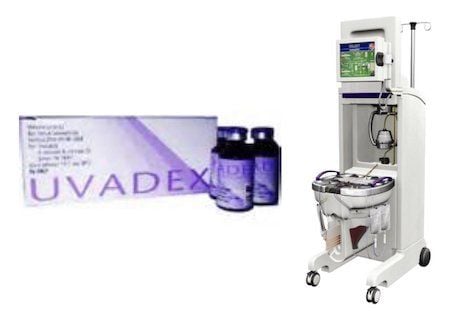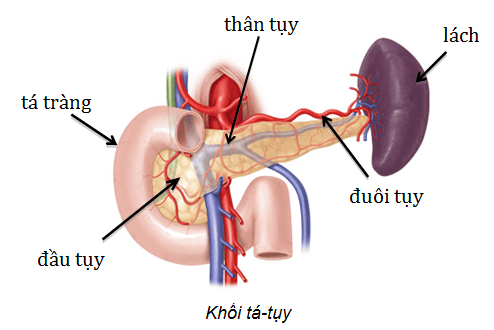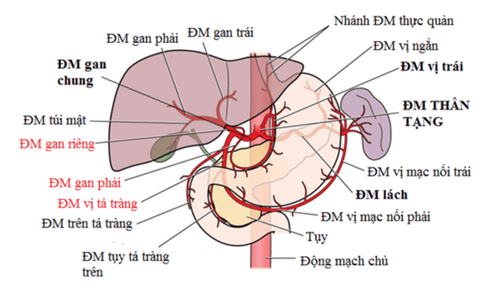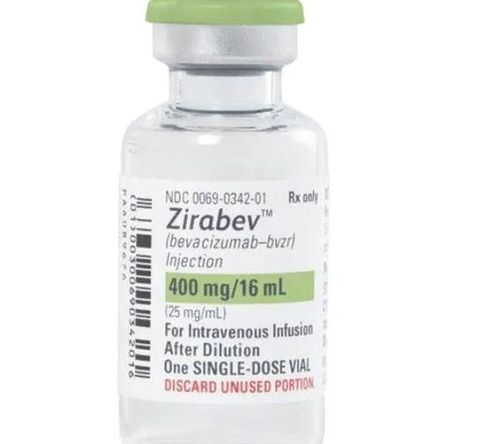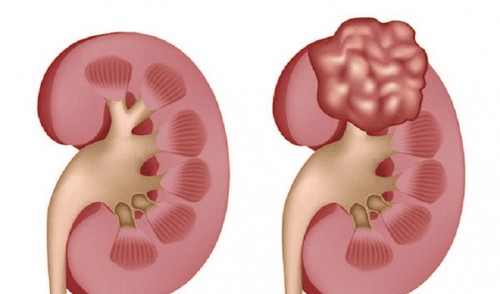This is an automatically translated article.
The article was written by doctors of Internal Oncology - Radiation Oncology Center, Vinmec Times City International General Hospital.Kidney cancer is the sixth most common cancer for men and eighth for women. The disease is rare in people under 45 years of age. The median age of diagnosis is 64.
1. Kidney cancer
Kidney cancer begins when healthy cells in one or both kidneys change and grow out of control, forming a mass called a cortical tumor. A tumor can be malignant or benign. A malignant tumor is cancerous, which means it can grow and spread to other parts of the body, while a benign tumor means that the tumor can grow but will not spread.
There are several types of kidney cancer:
Renal cell carcinoma: is an adult kidney cell cancer, this is the most common type, accounting for about 85% of cases. This type of cancer develops in the tubules Urinary tract carcinoma: also known as transitional cell carcinoma, it accounts for 10% to 15% of kidney cancers diagnosed in adults. Urinary carcinoma begins in the area of the kidney where urine accumulates before traveling to the bladder. This type of kidney cancer is treated like bladder cancer because both cancers start in the same cells. Sarcoma of the kidney is very rare. This type of cancer develops in the soft tissues of the kidney; thin layer of connective tissue surrounding the kidney. Sarcoma of the kidney is usually treated with surgery. However, the disease often recurs in the kidney area or spreads to other parts of the body. Wilms tumor. Wilms tumor is most common in children and is treated differently than kidney cancer in adults. This type of tumor is more likely to be successfully treated with radiation and chemotherapy.

Khối u Wilms phổ biến nhất ở trẻ em
Cancer of the lymphatic system: also known as lymphoma of the kidney. In rare cases, renal lymphoma may present as a solitary tumor in the kidney and may include regional lymph nodes. This type is usually only biopsied for a pathological diagnosis and then chemotherapy instead of nephrectomy. 2 of the most common types of kidney cancer cells :
Light cells : About 70% of kidney cancers are made up of light cells. Immunotherapy and targeted therapy are particularly effective in treating clear cell kidney cancer. Papillary: Papillary kidney cancer, seen in 10% to 15% of patients, is currently being treated in the same way as clear cell kidney cancer. However, targeted therapy is often unsuccessful for people with papillary cell kidney cancer.
2. The following factors may increase your risk of developing kidney cancer
Smoke. Smoking doubles the risk of developing kidney cancer. It is thought to be responsible for about 30% of kidney cancers in men and about 25% in women. Sex. Men are 2 to 3 times more likely to develop kidney cancer than women. Blacks have a higher rate of kidney cancer. Age. Kidney cancer is most commonly found in adults and is usually diagnosed between the ages of 50 and 70. Nutrition and weight. There is a link between kidney cancer and obesity. High Blood Pressure. Men with high blood pressure may be more susceptible to kidney cancer.
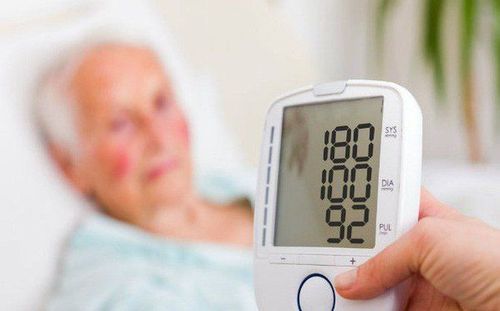
Huyết áp cao có thể dễ bị ung thư thận
Abuse of certain drugs such as aspirin, acetaminophen and ibuprofen, has also been linked to kidney cancer. Cadmium exposure: exposure to the metallic element cadmium and kidney cancer. Working with batteries, paint or soldering materials can also increase the risk. This risk is even higher for smokers who have been exposed to cadmium. Chronic kidney disease: People who have impaired kidney function but do not need dialysis may have a higher risk of kidney cancer. Long-term dialysis: People who have been on dialysis for a long time can develop cancer in their kidneys. Family history of kidney cancer. People who have a first-degree relative with kidney cancer, such as a parent, sibling, or child, are at increased risk, especially if these family members were diagnosed before age 50, have kidney cancer, and/or have more than 1 tumor in the same kidney.
3. Prevention of kidney cancer
Quitting smoking; Compliance with antihypertensive drug therapy; Maintain a healthy body weight; Eat a diet rich in fruits and vegetables and low in fat.
Please dial HOTLINE for more information or register for an appointment HERE. Download MyVinmec app to make appointments faster and to manage your bookings easily.
Source Cancer.net 2019



